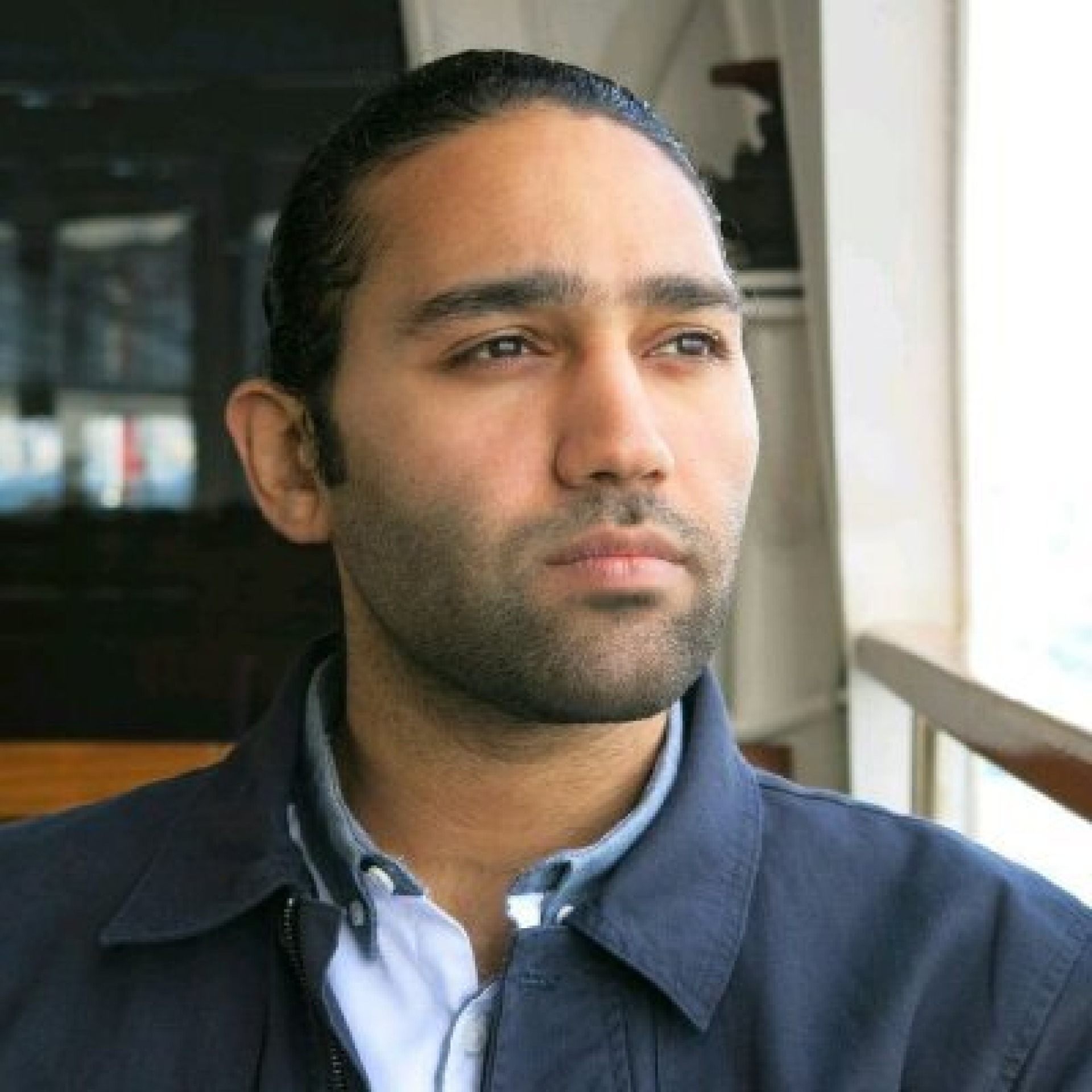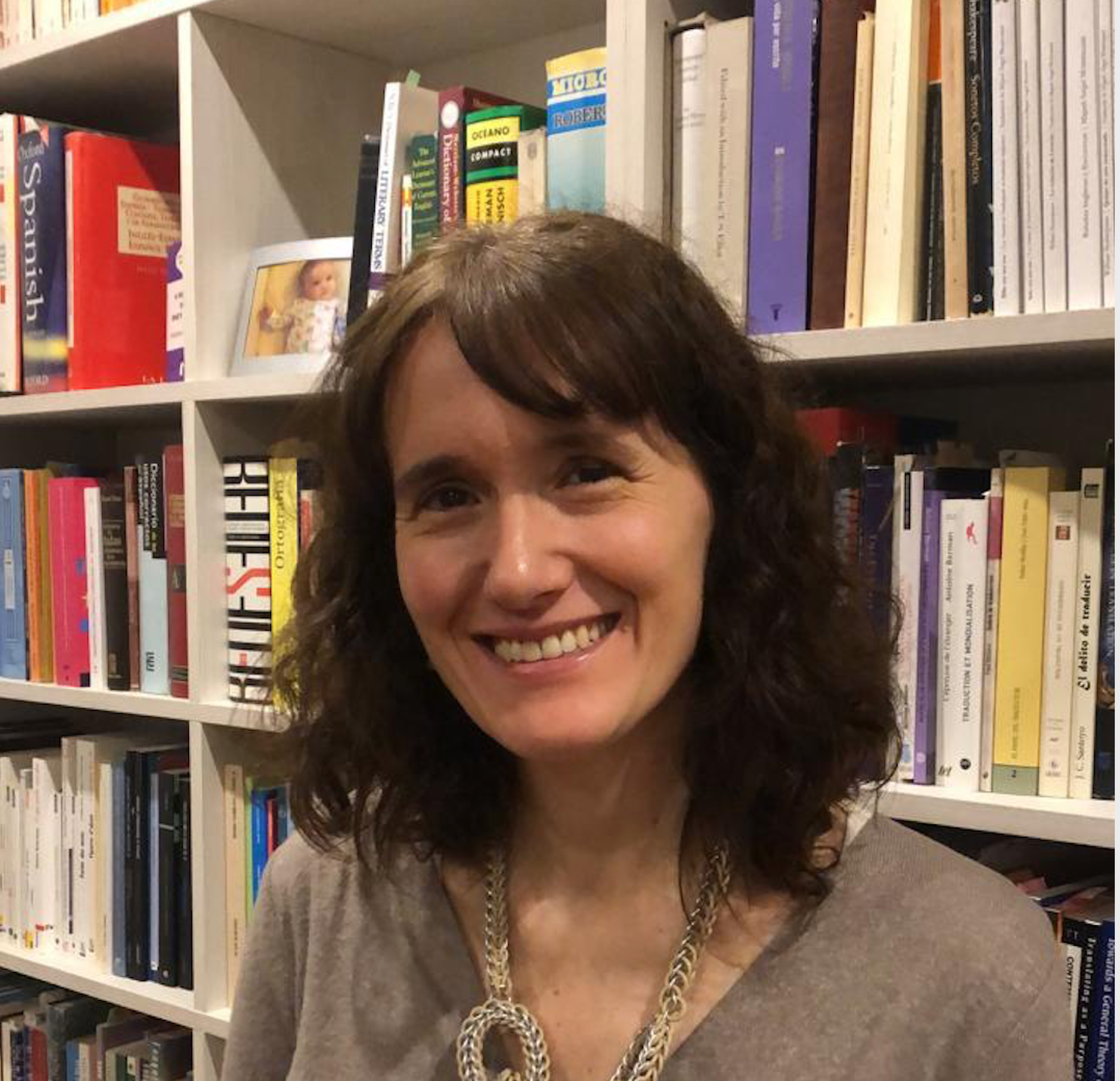The main tasks of the IATIS Regional Workshops and Training Committee are to facilitate the efficient organisation of regional workshops in the areas of translation and intercultural studies around the world, and to help ensure that the workshops become an important vehicle in achieving the Association’s aims, particularly with regard to its aspirations to be inclusive, multi-disciplinary, and respectful of different traditions.
Alongside workshops, the Committee leads IATIS training activities. It coordinates skills-based short courses, webinars, and capacity-building programmes linked to regional events as well as standalone training proposals.
Specifically, the IATIS Regional Workshops and Training Committee will:
• Invite applications and review proposals to host regional workshops and IATIS training activities
• Present the options and, if required, make a recommendation to the Executive Council of IATIS on the selection of the regional workshop venue
• Establish target timetables for the selected venues, notification of workshops, calls for papers, publication of volumes following on from regional workshops, etc.
• Assist with developing appropriate themes and training curricula for workshops; draft and circulate calls; review abstracts and training proposals; and offer other related academic support.
• Ensure that relevant IATIS infrastructure (mailing lists, archived workshop programmes, web forms, etc) is made available to workshops organizing committees
• Encourage regional workshop organizers to reach out to researchers from a range of scholarly backgrounds.
• Coordinate IATIS short courses and webinars; maintain a rolling calendar of training linked to regional events and standalone offerings.
• Develop quality-assurance and evaluation processes for training, including learning outcomes, participant feedback, and post-event reports.
• Build and update a roster of trainers, encourage inclusive regional participation, and ensure accessible formats where feasible.
The Committee reports to the Executive Council.

Chair of the IATIS Regional Workshops and Training Committee
Qatar University
Qatar
kshehari[at]qu[dot]edu[dot]qa
Khaled Al-Shehari is an Associate Professor of translation studies at Qatar University in Qatar. He completed an MSc (1998) and a PhD (2001) in Translation Studies at UMIST (now the University of Manchester). He previously worked at Durham University, UK (2007-2015). Dr Al-Shehari is currently involved in research projects studying and exploring various issues in interpreting, e.g. risks (and management of) taken by interpreters at press conferences. He is also working on a project aiming at the exploration and development new dynamic approaches to the teaching of translation, focusing on the use of Wikipedia in teaching translation.

Member of the IATIS Regional Workshops and Training Committee
Queen's University Belfast
United Kingdom
a[dot]khalifa[at]qub[dot]ac[dot]uk
Abdel-Wahab Khalifa is a Lecturer in Translation and Interpreting at Cardiff University. Prior to joining Cardiff, he lectured at universities in Egypt, Austria and the UK, and has also been working as a professional translator and interpreter for over ten years. He is the recipient of the 2019–2020 Harry Ransom Fellowship in the Humanities, a member of the Executive Board of the Association for Translation Studies in Africa, and serves on the Editorial Board of The Translator journal. His recent publications include Translation of Arabic Literature in the United Kingdom and Ireland, 2010–2020 (co-author, 2021); ‘The Hidden Violence of Retranslation: Mahfouz’s Awlād Ḥāratinā in English’ (2020); and The Routledge Handbook of Arabic Translation (co-editor, 2019).

Member of the IATIS Regional Workshops and Training Committee
Universidad Nacional de La Plata / IdIHCS, CONICET
Argentina
lauraspoturno[at]gmail[dot]com
María Laura Spoturno is Associate Professor of Literary Translation and US American Literature at Universidad Nacional de La Plata (UNLP) and a Researcher with the Consejo Nacional de Investigaciones Científicas y Técnicas in Argentina. She is the principal investigator of “Traducción, subjetividad y género. Responsabilidad ética y social en prácticas de traducción e interpretación” (UNLP, 2022-2025). She has edited the book Escrituras de minorías, heterogeneidad y traducción (FaHCE, UNLP, 2018) and Wind and Wood…, a collaborative translation of Seymour Mayne’s poetry in four languages (Malisia, 2018). Her most recent articles focus on the study of subjectivity and (self) (re) translation practices, the relation between translation, gender and feminisms, self-translation and exile.

Member of the IATIS Regional Workshops and Training Committee
University of Queensland
Australia
a[dot]uchiyama[at]uq[dot]edu[dot]au
Akiko Uchiyama is a Senior Lecturer in translation studies in the School of Languages and Cultures at the University of Queensland, where she teaches in the Master of Arts in Translation and Interpreting (MATI) program. She has research interests in literary translation, postcolonial studies, modern and contemporary Japanese literature, and shōjo studies. Her recent publications include ‘Shinseinen no bungaku-teki tenkai: Morishita Uson to ‘tantei shōsetsu’ no hon’yaku’ (Literary Development in Shinseinen: Morishita Uson’s Translation of Detective Novels) in Hon’yaku to bungaku (2021) and ‘The Politics of Translation in Meiji Japan’ in The Routledge Handbook of Translation and Politics (2018). Akiko co-edited the collections Diverse Voices in Translation Studies in East Asia (2019) and Border-Crossing Japanese Literature: Reading Multiplicity (2024). She contributed as a translator to the English publication Women and Soldiers: Sexual Violence and Survival Strategies in Occupied Japan (2024) by Chazono Toshimi.